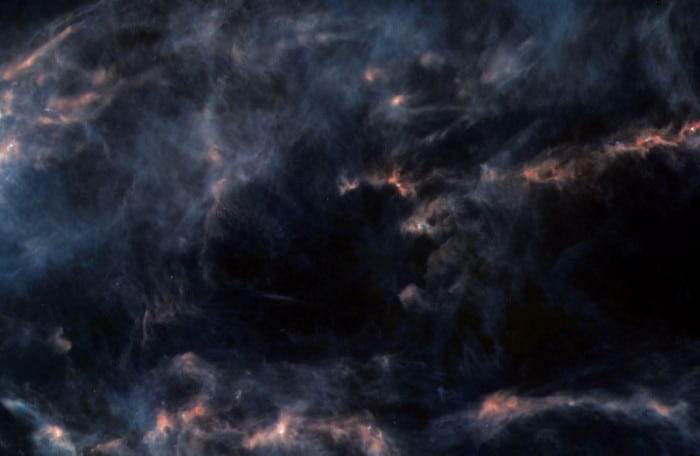Benzene Formation in Space Challenged by New Research

A groundbreaking laboratory study has cast doubt on the long-held belief that benzene forms in the cold vacuum of space. Conducted by researchers in the United States, the experiment aimed to replicate the chemical reactions thought to produce benzene in interstellar environments. Despite the critical role benzene plays in the formation of larger carbon compounds essential for life, the findings revealed that the anticipated chemical processes did not yield benzene under controlled conditions simulating space.
Test Results Disprove Long-Standing Theory
A recent study published in Nature Astronomy has challenged a theory proposed in the 1990s regarding benzene formation in space. Researchers from the University of Colorado’s JILA and the National Institute of Standards and Technology sought to investigate the hypothesis that ion-molecule collisions involving acetylene and a proton donor could lead to benzene creation in interstellar conditions. This theory was significant because benzene is considered a precursor in the synthesis of larger carbon-rich compounds.
The research team, led by G S Kocheril along with C Zagorec-Marks and H J Lewandowski, designed an experiment to mimic the extreme conditions of space. Conducted at nearly 1 Kelvin, the experiment maintained pressure levels reduced to a trillionth of that found at sea level. A mass spectrometer was employed to monitor the molecular reactions throughout the testing process, providing insights into the chemical interactions taking place.
No Formation of Benzene Detected
The results of the experiment were surprising. While acetylene molecules were successfully protonated by N2H+ ions, the introduction of hydrogen molecules did not lead to the formation of benzene as expected. This outcome suggests that the initial aromatic ring, which is crucial for the development of larger polycyclic hydrocarbons, was not produced during the experiment. The findings challenge the previous understanding of benzene’s formation in space and raise questions about the chemical pathways involved.
Alternative Theories Being Considered
In light of these findings, researchers are now turning their attention to alternative theories regarding benzene formation in space. One such theory, explored in 2011 at the University of Hawaii, proposed that neutral radicals could play a significant role in the process. The scientific community is expected to revisit these models and consider new avenues for understanding how benzene and other carbon compounds may form in the vastness of space.
Observer Voice is the one stop site for National, International news, Sports, Editor’s Choice, Art/culture contents, Quotes and much more. We also cover historical contents. Historical contents includes World History, Indian History, and what happened today. The website also covers Entertainment across the India and World.
Follow Us on Twitter, Instagram, Facebook, & LinkedIn

